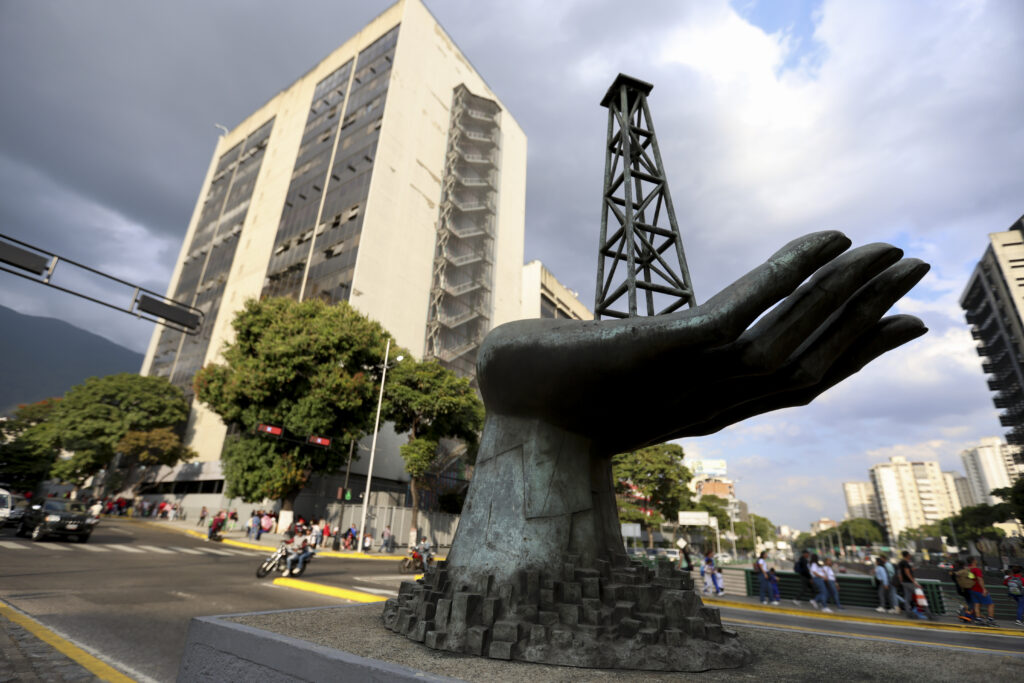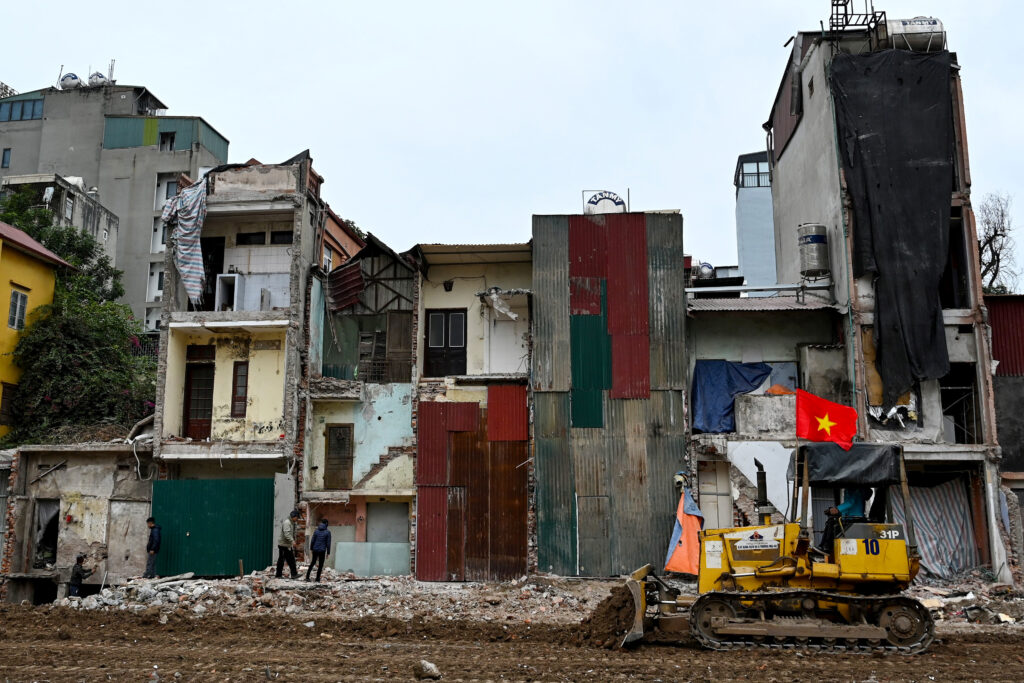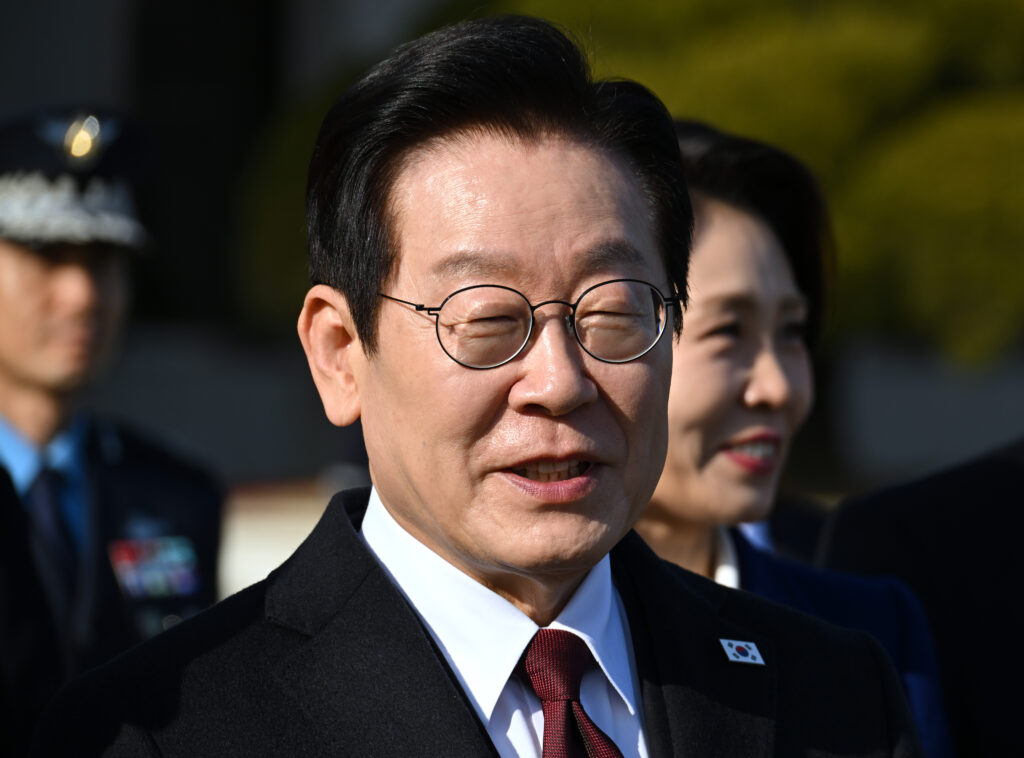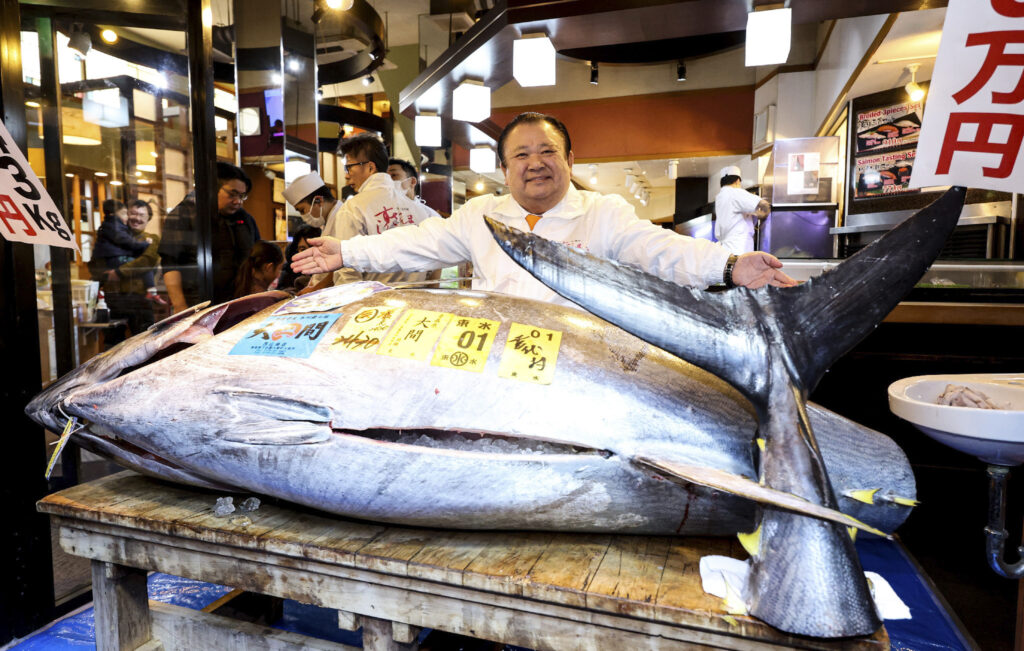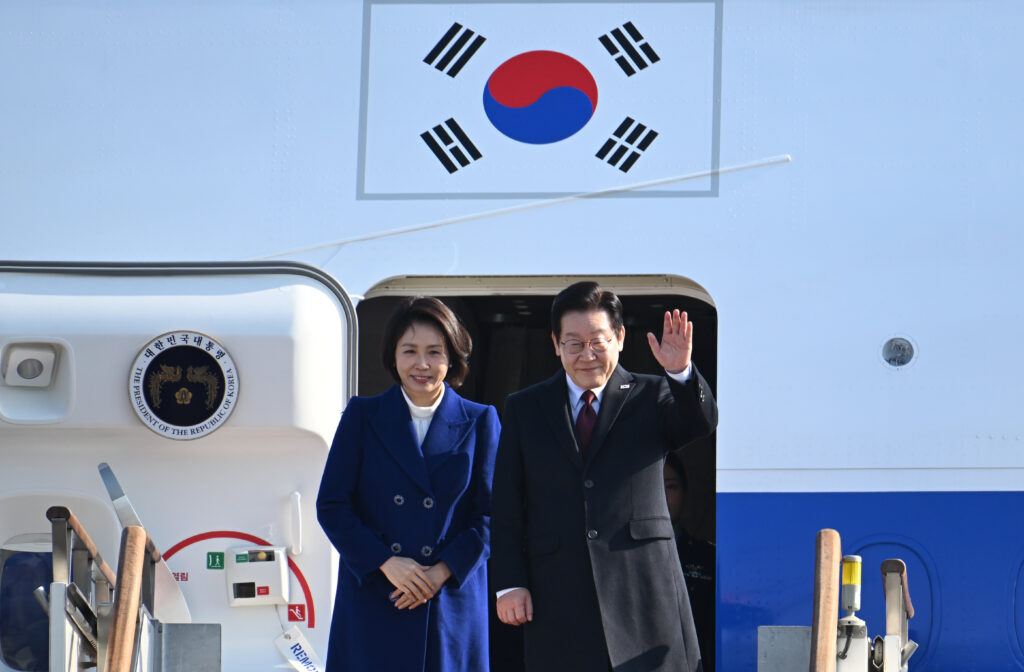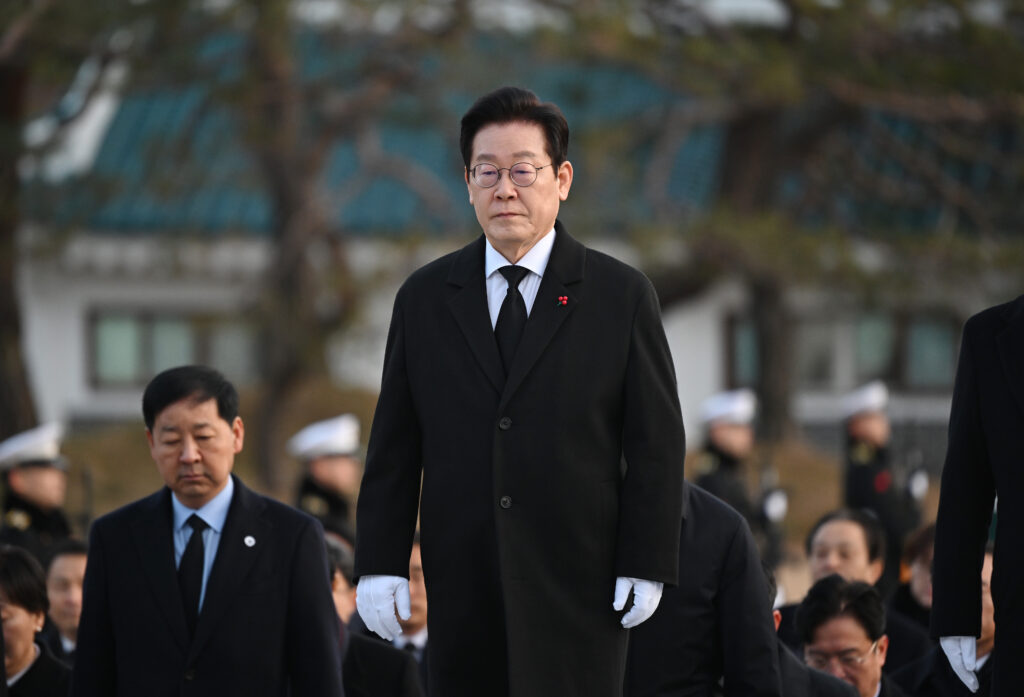Volatility grips oil market as nervous investors assess Venezuela
The oil market was jumpy on Monday after US forces captured the leader of oil-rich Venezuela, sparking speculation on the implications for future crude supplies.Having spiked in an initial reaction to the military operation to apprehend Nicolas Maduro in Caracas, oil prices quickly dropped again on expectations that Venezuela — which sits on about a fifth of the the world’s oil reserves — will crank up production quickly, adding to an existing supply glut.But then oil recovered again as investors realised that Venezuela is in no position to make a meaningful impact on oil supply in the short run, even with all the investment that US President Donald Trump has promised.Despite Trump’s “obvious desire for US oil companies to ramp up activity in Venezuela, lower oil prices and political uncertainty will frustrate efforts to exploit its vast energy potential”, predicted David Oxley, chief climate and commodities economist at Capital Economics.”It would take years, and massive investment, to bring Venezuela’s oil production back to pre-crisis levels,” said Ipek Ozkardeskaya, an analyst with Swissquote.Venezuela has the largest proven oil reserves in the world, at around 303 billion barrels, according to OPEC.But years of underinvestment and US sanctions have led to Venezuela producing less than one million barrels per day.”We would see additional barrels from Venezuela going to, let’s say, from one million barrels per day to two million barrels per day, only after five to seven years,” Jorge Leon, head of geopolitical analysis at Rystad Energy, told AFP.Trump’s promise to rebuild Venezuela’s crude production capacity with the help of American companies meanwhile sent stocks in oil majors soaring.A five percent gain by Chevron helped lift the blue-chip Dow to a fresh record high.”These are expected to be big winners from the turmoil in Venezuela, given the new government’s need to placate the US administration,” said Chris Beauchamp, chief market analyst at trading platform IG.Shares in ConocoPhilips climbed 2.7 percent while ExxonMobil rose by around 2.3 percent.In European trading, London’s FTSE-100 closed above the 10,000-point level for the first time.Safe-haven investments gold and silver rose on increased geopolitical risk in the wake of the US invasion.Prospects of more US interest-rate cuts this year and a booming technology sector meanwhile lent support to equity markets.The first full week of business for 2026 will see the release of key US jobs data that could play a role in the Federal Reserve’s decision-making on borrowing costs.- Key figures at around 1630 GMT – Brent North Sea Crude: UP 1.2 percent at $61.43 per barrelWest Texas Intermediate: UP 1.2 percent at $58.02 per barrelNew York – Dow: UP 1.4 percent at 49,056.82 pointsNew York – S&P 500: UP 0.8 percent at 6,910.59New York – Nasdaq Composite: UP 1.0 percent at 23,467.20London – FTSE 100: UP 0.5 percent at 10,004.57 (close)Paris – CAC 40: UP 0.2 percent at 8,211.50 (close)Frankfurt – DAX: UP 1.3 percent at 24,868.69 (close)Tokyo – Nikkei 225: UP 3.0 percent at 51,832.80 (close)Hong Kong – Hang Seng Index: FLAT at 26,347.24 (close)Shanghai – Composite: UP 1.4 percent at 4,023.42 (close)Euro/dollar: DOWN at $1.1711 from $1.1720 on FridayPound/dollar: UP at $1.3514 from $1.3460 Dollar/yen: DOWN at 156.44 yen from 156.85 yenEuro/pound: DOWN at 86.65 pence from 87.07 penceburs-rl/rmb
